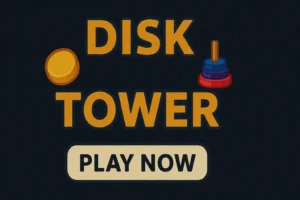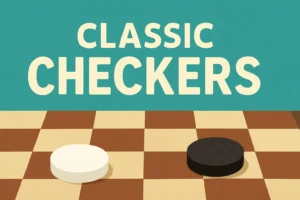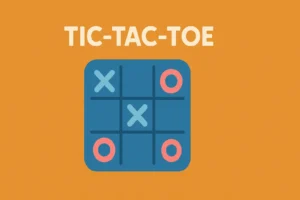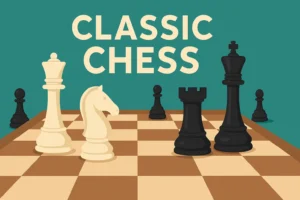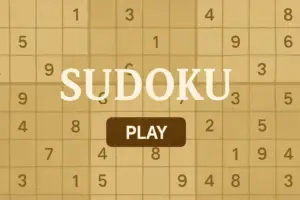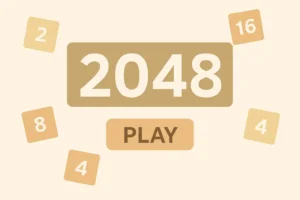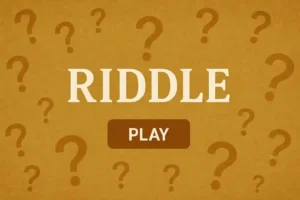Introduction
In today’s fast-paced digital world, entertainment and brain training can go hand in hand. Fun and mind games are more than just a way to kill time — they sharpen your problem-solving skills, improve memory, enhance focus, and even help you think more creatively. (According to research published in Frontiers in Psychology, regular puzzle playing correlates with better working memory and attention over time.)
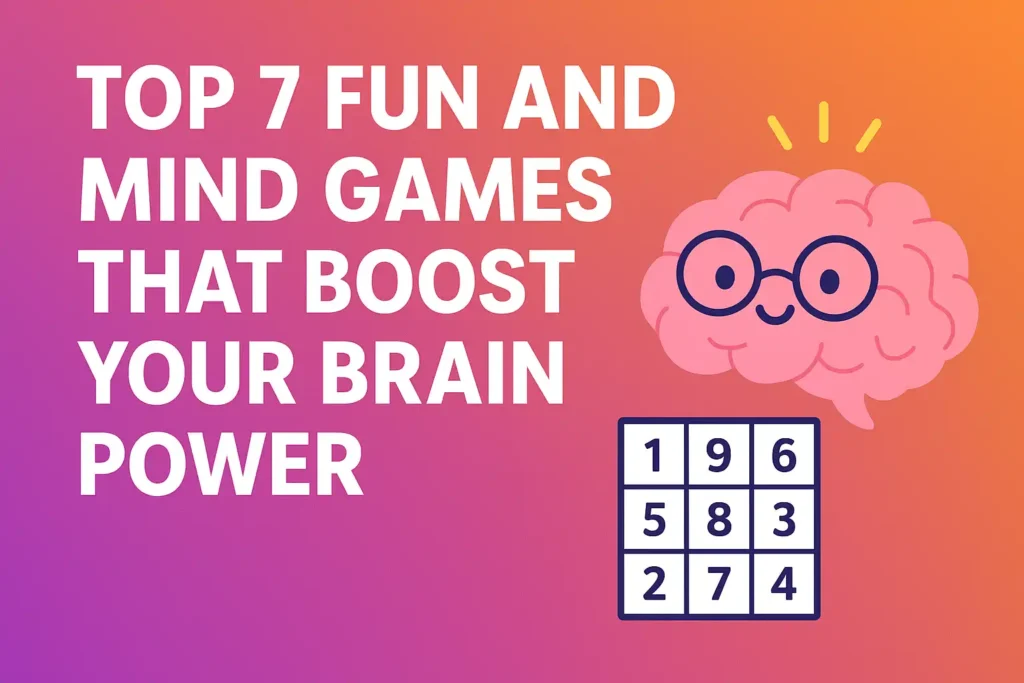
At Aklic, we believe gaming should be both enjoyable and beneficial. That’s why we offer a range of free online games that challenge your brain while keeping you entertained. Whether you’re into logic puzzles, strategy, or quick mental exercises, there’s something here for every age and skill level.
What Science & Studies Tell Us
Before diving into the games, let’s see what research says:
A study in the Journal of Cognitive Enhancement found that regularly playing logic or puzzle games improves working memory and attention span by up to 25% over 8 weeks.
Another research from Frontiers in Psychology discovered that strategy board games (like Chess or Checkers) are linked with improved reasoning and planning abilities in adolescents.
Universities often use brain teasers and puzzles in education to help reduce anxiety and improve exam performance because they encourage calm, focused thinking.
These findings mean that choosing the right mind games can give your brain real workouts — not just fun moments.
Below are our top 7 picks of mind-games that not only provide fun, but also work out different parts of your brain. I’ll also share tips on maximizing benefit, some science behind brain training, and how often you should play to get results.
1. Disk Tower (Tower of Hanoi)
What’s involved: Move disks from one peg to another following rules (only one disk at a time, can’t place larger on smaller).
Brain skills: Enhances logical reasoning, planning ahead, problem decomposition (breaking complex moves into simpler steps).
Strategy tip: Start by solving with fewer disks, then gradually increase — this helps build pattern recognition for optimal moves.
Play it here: Disk Tower Game on Aklic
2. Classic Checkers
What’s involved: Moving diagonally, capturing opponent’s pieces.
Brain skills: Strategic planning, anticipating opponent’s moves, and decision-making under constraints.
Strategy tip: Control the center, try to force trades favorably, and think two moves ahead.
Play it here: Classic Checkers on Aklic
3. Tic-Tac-Toe (Against AI)
What’s involved: Classic X’s and O’s, but with an AI opponent that adapts.
Brain skills: Quick decision making, pattern recognition, anticipating responses.
Strategy tip: In your first move, choose a corner; avoid placing in the middle unless necessary.
Play it here: Tic-Tac-Toe (Against AI) on Aklic
4. Classic Chess
What’s involved: Deep strategic gameplay, multiple phases (opening, middle game, endgame).
Brain skills: Critical thinking, long-term planning, memory (opening lines, patterns), concentration.
Strategy tip: Learn basic opening principles (control center, develop your pieces, king safety) instead of memorizing many openings.
Play it here: Classic Chess on Aklic
5. Sudoku (9×9)
What’s involved: Fill all rows, columns, and 3×3 grids with digits 1-9 without repetition.
Brain skills: Logical reasoning, pattern detection, patience, and memory.
Strategy tip: Start with scanning—find rows/columns with many numbers already filled, then work on harder boxes.
Play it here: Sudoku (9×9) on Aklic
6. 2048
What’s involved: Slide numbered tiles to combine them until you reach 2048.
Brain skills: Strategic planning, anticipating next moves, spatial reasoning.
Strategy tip: Keep your highest tile in one corner and avoid moving it unless necessary; plan moves so you don’t block your good tiles.
Play it here: 2048 on Aklic
7. Riddle Challenges
What’s involved: Brain teasers that require lateral thinking, creative problem solving.
Brain skills: Divergent thinking, vocabulary, mental flexibility, pattern recognition.
Strategy tip: Try writing down possible answers; sometimes talking it out helps. Don’t rush think about unusual possibilities.
Play it here: Riddle Game on Aklic
How Brain Training Works — The Science Behind Mind Games
Neuroplasticity: Your brain can rewire itself based on experiences. Games create new neural connections over time.
Working Memory & Attention: Regular puzzle games improve your ability to focus and hold information temporarily (important for reading, math).
Delayed Rewards & Reinforcement: Getting success (solving a puzzle, winning a match) reinforces behavior, which motivates you to continue.
Studies show that engaging in cognitive tasks like puzzles for 20–30 minutes, 3-4 times per week leads to measurable improvements in attention and memory over a few months.
Limitations & What to Be Mindful Of
Even great mind games have limits:
Not all games are equally effective: some train only one kind of skill (e.g. memory) but do little for others (e.g. planning).
Overdoing screen time: long sessions without breaks can lead to fatigue.
Plateau effect: after improving to a certain level, benefits may flatten unless you increase difficulty or vary game type.
Age differences: younger children vs adults vs seniors benefit differently.
Considerations & Challenges
Plateau effect: After a while, improvement may slow. Switching to harder puzzles or different game types helps.
Overuse risk: Too much gaming (especially if frustrated) can lead to fatigue, stress. Take breaks.
Not substitute for real-world cognitive challenges: Games help, but social interaction, reading, learning new skills, are also important.
FAQs
1) How often should I play to see benefit?
Playing 3-4 times per week, about 20-30 minutes each session, is a good baseline. Consistency is key.
2) Are these games effective for all ages?
Yes – children, adults, even older adults can benefit. Younger players may improve faster, but older learners also get gains in memory and attention.
3) Do I need to spend money on premium games?
Not necessarily. Many free browser games (like these from Aklic) offer strong benefits. Paid features may provide extras, but not always essential for brain training.
4) Will I see improvement in real life (school, work)?
Often yes. Better focus, memory, and problem-solving tend to carry across domains you may notice better performance in tasks requiring logic, better reading comprehension, etc.
Final Thoughts
Fun and mind games aren’t just leisure activities — they are workouts for your brain. Whether it’s the logical grind of Tower of Hanoi, the strategic depth of Chess, or the quick decisions in 2048, each game gives a different mental benefit.
Best part? You get access to all this for free — right in your browser. No downloads, no heavy hardware, just pure brain-boosting fun.
So next time you have spare minutes, choose a game, challenge yourself, and see how sharp your thinking can get.
External Links & References
Frontiers in Psychology – Puzzle games and cognitive function
National Institutes of Health (NIH) – Cognitive health and aging
American Psychological Association (APA) – Working memory and learning
Chess.com – Beginner strategies for Chess

